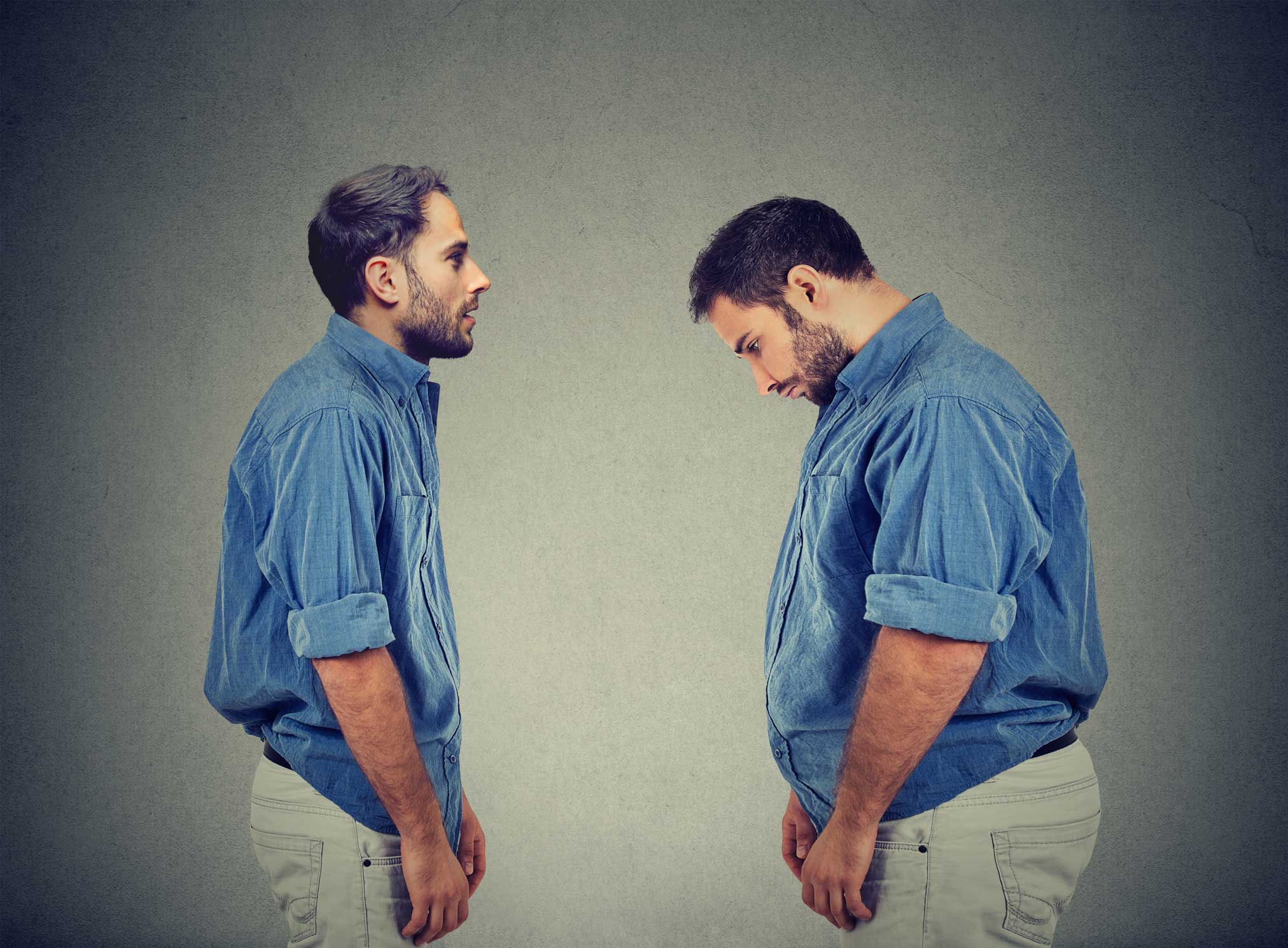Eating Disorders in Men: Hiding in Plain View

It happens to men, too. But they’re less likely to admit it. It also may be easier for them to hide it.
The problem, says Dr. Ingrid Barrera, director of the eating disorders program at the University of Miami Health System, is that people think eating disorders only happen to women. Men think that, too. So when they struggle with anorexia, bulimia, or binge eating, they may be ashamed to seek help.
Gender bias
Also, men often suffer in silence because people aren’t looking for it in them.
“If a man wants to overeat,” Dr. Barrera says, “it’s okay. It’s socially acceptable for a man to eat whatever he wants. And, if a man goes to the bathroom right after a meal, no one thinks twice about it because everyone thinks men don’t have bulimia.”
The truth, though, is that men account for an estimated one in four cases of eating disorders.
Still, even professionals don’t look at signs of an eating disorder the same way for men as they do for women.
“If a female patient who’s underweight goes to internal medicine or gastroenterology or whatever, my referrals come in immediately. The first thing that that doctor thinks of is, ‘Oh this girl must be anorexic,’” she says. “If a male patient walks in with the same presentation — very underweight, not wanting to eat — they do a whole workup for HIV, for cancer, for gastrointestinal issues. They’re trying to find the cause, but they don’t automatically look at a man and say, ‘It must be an eating disorder.’
“Same thing with a dentist. We get a lot of referrals because bulimia erodes the enamel on your teeth. If a woman walks in with a million cavities, they automatically, think, ‘She must be bulimic.’ But if a man walks in with a bunch of cavities it’s like, ‘Oh he must eat a lot of sweets and have terrible nutrition.’”
Underlying causes of eating disorders in men
The causes of eating disorders in both men and women are the same. It can stem from perceived social pressure, or anxiety, or depression. With men, the doctor says, it also may arise from having been overweight at some point, or to having had someone near them who had health issues related to being overweight.
What we all need, she says, is more awareness. If men understand that we understand that they can have eating disorders too, then they might seek help on their own. And if the people around them, including health care professionals, know what to look for, they can spot the signs early.
What are the warning signs
Obsession with food, or unusual food rituals. (Cutting food into small bites; not allowing different foods to touch on their plate; taking an extraordinarily long time to eat.)
- Preoccupation with their body, weight, shape, calories, or diet.
- Skipping meals.
- Going to the bathroom right after meals.
- Exercising to excess, working out in spite of an injury or ailment.
- Dramatic weight loss.
- Always going on diets, avoiding food groups.
“Anytime they’re cutting out food, questioning how dishes are prepared, spending a lot of time in the kitchen — anytime anything that is really an obsession with food is going on, it should be like a little bit of a red flag.”
The bottom line is that an eating disorder is just that, a disorder. It needs to be treated. If you think you or someone close to you needs help, visit National Association for Males with Eating Disorders (N.A.M.E.D) for more information or call 305-243-2301.
Carlos Harrison is a contributing writer for UMiami Health News. He is a former national and international television correspondent, as well as a newspaper and magazine writer and editor.
Tags: disordered eating, Dr. Ingrid Barrera, eating disorders, men and eating disorders, mental health
